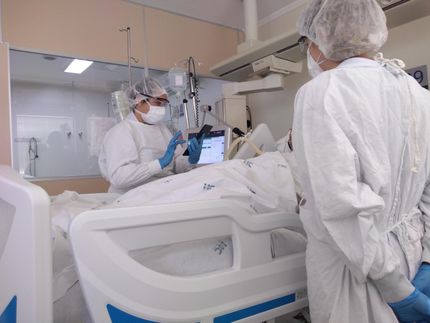CEVEC again successful in challenge to Crucell patent
Advertisement
CEVEC Pharmaceuticals GmbH announced that an opposition to a patent owned by Crucell N.V. before the European Patent Office was again successful. This is the second time within a year that the Opposition Division of the European Patent Office (EPO) has restricted a patent on Crucell's PER.C6 cell line.
In the recently granted Europatent 1161548, Crucell tries to strengthen the patent protection surrounding its PER.C6 cell line used as a human expression system. The Opposition Division of the EPO has restricted this patent. The product claim now only relates to immortalized human embryonic retinal cells comprising a gene for monoclonal antibodies or erythropoietin. It does not protect cells used for producing human or viral proteins. This means that Crucell's attempt of indirectly achieving extended product protection for its PER.C6 cell line as comprehensive expression system has failed.
"The marketing of CEVEC's human expression technology is completely independent of this opposition proceeding, however. At no point was successful opposition necessary for the marketing of the CAP technology," emphasizes Dr. Christoph Volpers, Chief Operating Officer of CEVEC Pharmaceuticals.
Other news from the department business & finance
Most read news
More news from our other portals
See the theme worlds for related content
Topic world Antibodies
Antibodies are specialized molecules of our immune system that can specifically recognize and neutralize pathogens or foreign substances. Antibody research in biotech and pharma has recognized this natural defense potential and is working intensively to make it therapeutically useful. From monoclonal antibodies used against cancer or autoimmune diseases to antibody-drug conjugates that specifically transport drugs to disease cells - the possibilities are enormous

Topic world Antibodies
Antibodies are specialized molecules of our immune system that can specifically recognize and neutralize pathogens or foreign substances. Antibody research in biotech and pharma has recognized this natural defense potential and is working intensively to make it therapeutically useful. From monoclonal antibodies used against cancer or autoimmune diseases to antibody-drug conjugates that specifically transport drugs to disease cells - the possibilities are enormous




















































